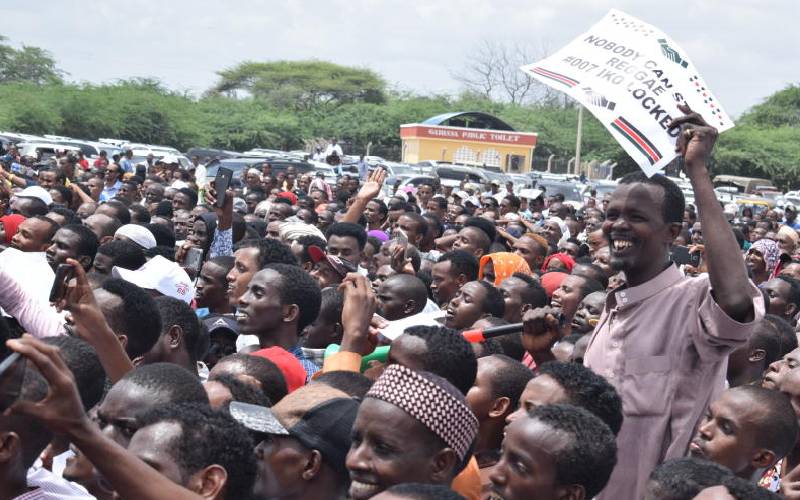
There are exactly two years, Tuesday this week, to 2022 when Kenyans will vote to empower numerous aspirants to be their leaders. If rules do not change through the Building Bridges Initiative (BBI), they will vote for six offices of varying influence. The most important of these is the presidency and the 47 governor offices because they wield executive power to distribute national and county wealth. The other elective offices in Parliament or county assemblies often have nuisance value of either harassing the executive or of towing the party leader’s lines.